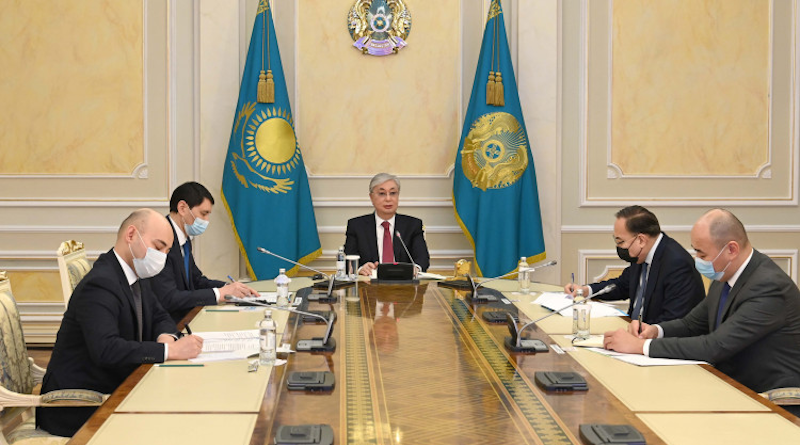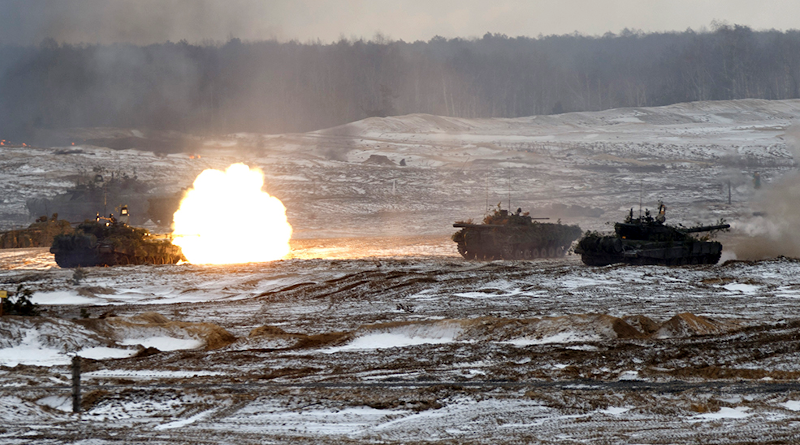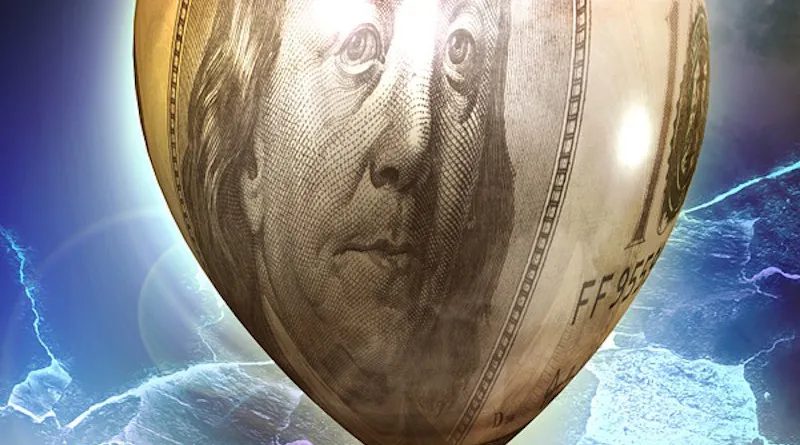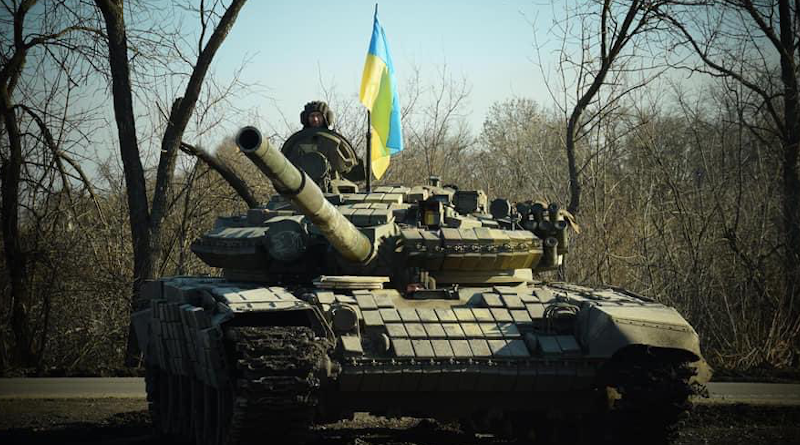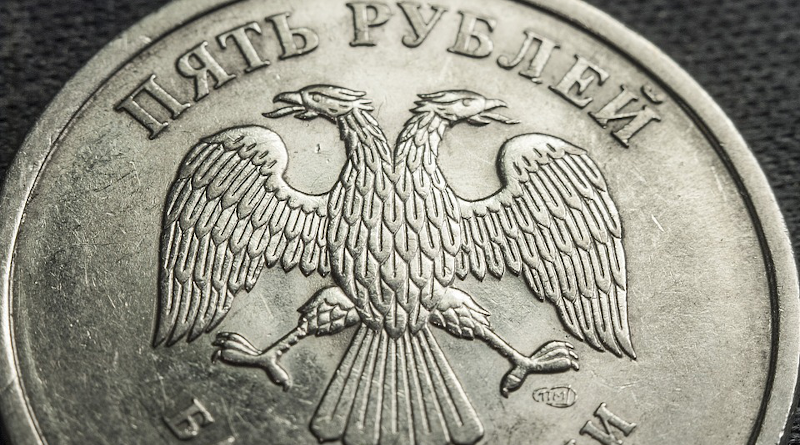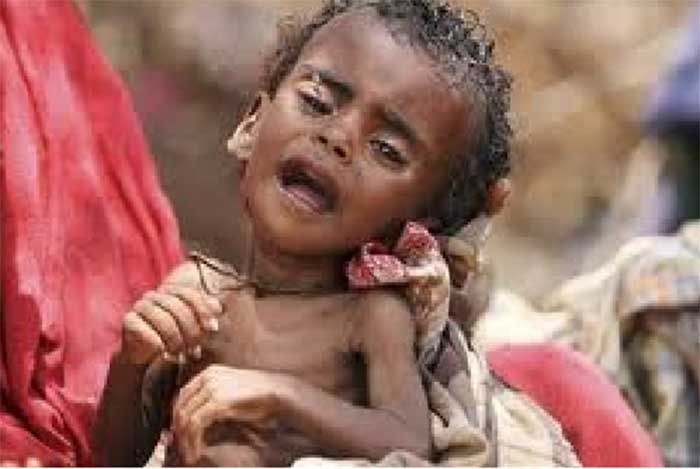China’s Imminent Precarious Era Of High Inflation
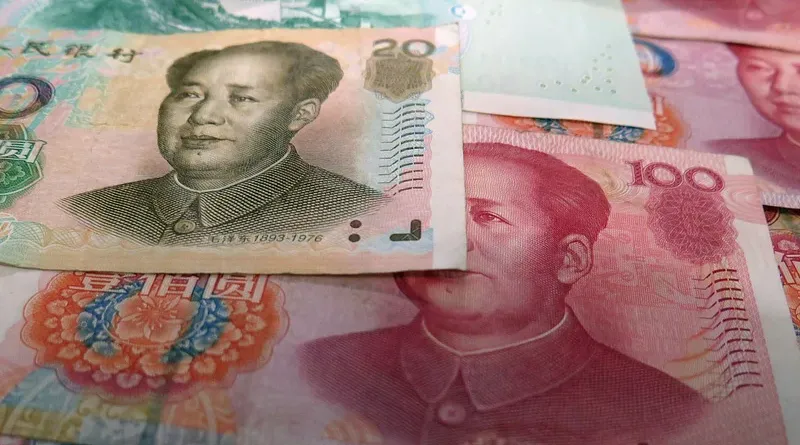
The study of economic growth is mandatory for those who pay attention to the economy, and that is precisely what we at ANBOUND are doing. As early as 2013, we conducted a study on China’s economic growth through information analysis methods. The conclusion is that China’s economic growth cannot continue to grow at a high speed, but will decline in stages. In an ideal scenario, roughly every 10 years, the average level of economic growth will drop by one percentage point. After three decades, its growth will reach 5%, thus forming a consumption-oriented society. The final result is a pyramid-shaped growth trend, therefore this conclusion is christened the “pyramid model”.

